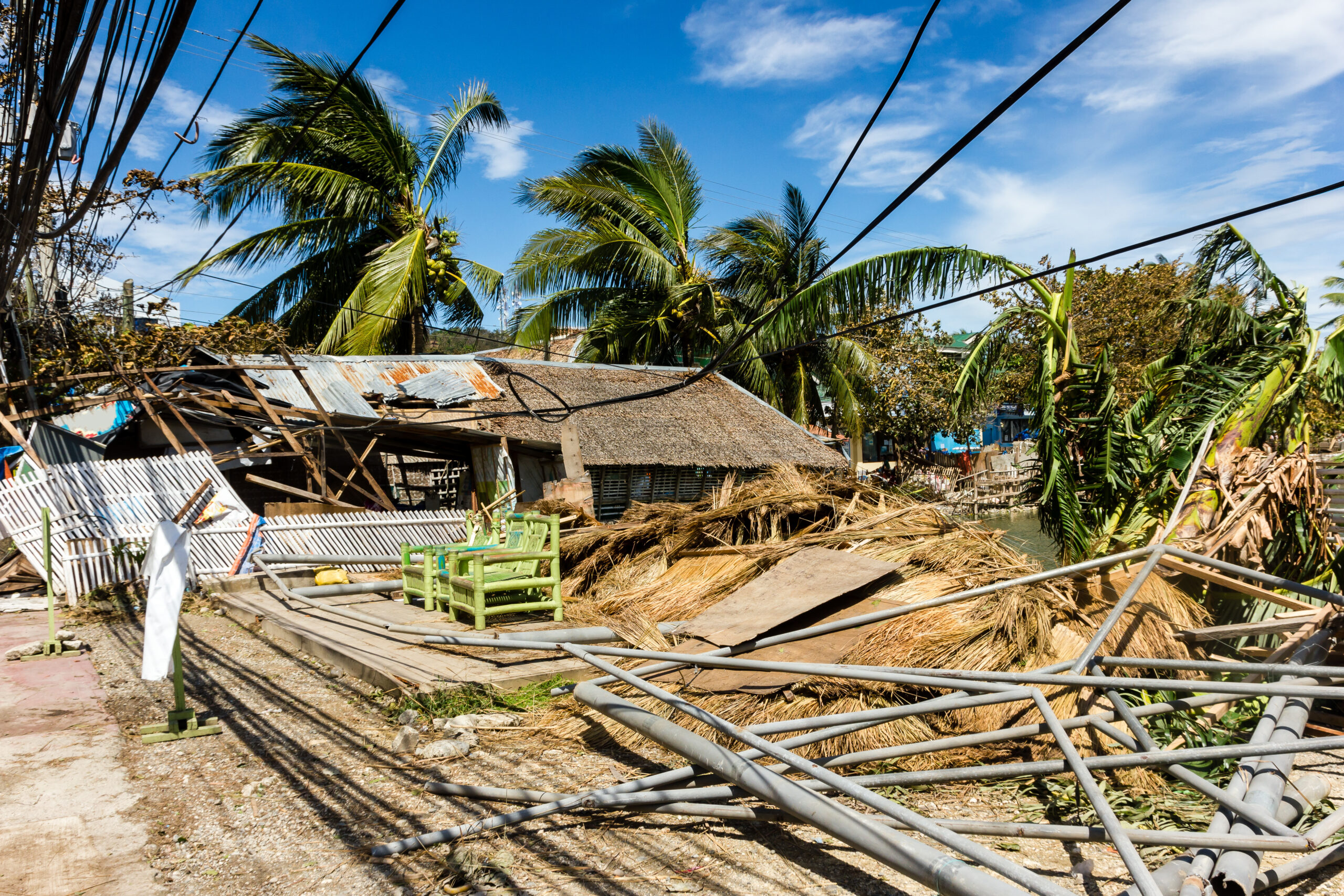Many challenges for claims adjusters following catastrophic incidents require careful balancing of compassion and effectiveness. Navigating difficult situations, working with several parties, and comprehending the legal system are all necessary for managing catastrophic insurance claims. To guarantee accurate and impartial assessments of losses, adjusters must also maintain objectivity while sympathizing with people affected by the event.
Despite these obstacles, claims adjusters must adhere to best practices to guarantee effective outcomes. These practices include clear communication, maintaining safety, and using resources. Additionally, catastrophes can have long-lasting repercussions on the claimants’ and adjusters’ physical and emotional health. While conventional approaches such as psychotherapy and medication have effectively treated stress-related conditions, alternative therapies such as exercise, mindfulness techniques, herbal supplements, and lifestyle changes can offer additional support and personal growth opportunities.
Challenges Faced by Claims Adjusters
Claims adjusters face unique challenges in responding to catastrophic events. During these trying times, claims adjusters must be empathetic and efficient to provide exceptional service. To aid them in delivering this level of care, several best practices should be followed:
- Ensure the safety of all parties involved before beginning any work on a claim.
- Communicate clearly with policyholders about their coverage and what services will or will not be covered by their insurance policies.
- Utilize resources such as local government organizations, community centers, and other non-profit organizations when appropriate during catastrophic event response.
- Remain aware of changes made to regulations regarding insurance policies due to the catastrophe being addressed.
Claims adjusters must implement and uphold these best practices to ensure successful outcomes while addressing catastrophic events. Doing so allows for an understanding environment that considers the emotional stress caused by these events while providing swift claims resolution through efficiency and accuracy.
Unique Challenges in Managing Insurance Claims
Claims adjusters face a range of unique challenges when managing insurance claims. From understanding the various complexities of an individual claim to coordinating with other stakeholders, these individuals must be adept at navigating challenging scenarios under tight deadlines. In addition, they are often required to handle complicated paperwork and documents related to their cases that require detailed knowledge of the legal system and in-depth research skills.
Claim adjusters must be able to quickly assess complex cases and make sound decisions for both customers and insurers. During trying times when disasters or other catastrophes occur, such as floods, fires, earthquakes, hurricanes, or tornadoes, the claim adjusting process is further complicated by an influx of damaged properties and numerous claimants. This requires a certain level of empathy from the adjuster, along with efficient stewardship of resources.
The adjuster must be able to empathize with those affected by the disaster while also remaining objective so that they may evaluate damages accurately and fairly. To meet these demands, many companies are turning towards new technologies enabling more cost-effective operations while ensuring customer satisfaction. Additionally, well-trained personnel who understand how to handle sensitive situations can help create positive experiences even during difficult times.
Not only do claims adjusters have to contend with such hurdles daily, but they also have to maintain empathy throughout the process while seeking efficient and effective solutions. This can be particularly challenging given the emotional toll of many insurance claims, which often involve personal tragedy or loss for claimants. Thus, claims adjusters need to possess strong communication skills to effectively navigate sensitive topics without compromising professionalism or respect for all parties involved.
Impact On Long-Term Health Following Catastrophes
For individuals impacted, a disaster’s aftermath can have a long-term negative influence on their health. Physical and mental health are among them; psychological discomfort is most frequently mentioned due to catastrophes. Post-traumatic stress disorder (PTSD), which can seriously affect a person’s functioning and quality of life, is more likely to develop after an event than before. Additionally, acute diseases such as respiratory infections are frequently seen due to increased exposure to environmental toxins or other pollutants during clean-up activities.
Given the potential adverse effects of catastrophes, individuals at risk must receive appropriate support. Adjusters play a vital role in this process by providing timely assistance and guidance throughout the claims process while offering compassionate understanding throughout their interactions with claimants. This helps reduce unnecessary stressors, which could lead to negative consequences. Furthermore, adjusters can provide resources regarding available counseling services, and other community supports to help mitigate the long-term impact of disaster events on mental health.
Are There Any Alternative Treatments for Stress-Related Conditions Caused by Catastrophic Events?
When claims adjusters confront catastrophic incidents, they may confront an array of stress-related ailments. It’s crucial to comprehend the treatments accessible for these conditions and how they can ease the symptoms. Although conventional approaches like psychotherapy and medication have demonstrated efficacy in managing mental health issues associated with traumatic events, alternative treatments can offer solace too.
Alternative treatments for stress-related conditions due to catastrophic events include physical exercise, mindfulness techniques, herbal supplements, and lifestyle changes. Exercise has been found to reduce cortisol levels, a hormone associated with stress. Mindfulness practices such as yoga and meditation can also promote relaxation while increasing awareness and focus on the present moment. Herbal supplements like St John’s Wort have been used historically as natural remedies for anxiety and depression; however, it is essential to consult a healthcare professional before taking any new supplement regimen. Finally, minor improvements in sleep habits and diet can assist in managing stress-related symptoms and improving overall well-being.
The range of options for treating stress-related conditions resulting from traumatic events gives individuals more control over their care plan. It gives them opportunities to choose which treatment fits best into their lifestyle. Alternative therapies can offer support beyond traditional methods by providing a layer of self-care that encourages personal growth and healing during difficult times.
Claims adjusters confront difficulties while handling insurance claims, particularly in the wake of tragic occurrences that call for efficiency and sensitivity. Claims adjusters should adhere to best practices such as open communication, safety, and making use of readily available resources. This will ensure effective outcomes. Catastrophic events can harm people’s physical and mental health over time. Because of this, claims adjusters are essential in giving prompt aid and direction—additionally, a sympathetic understanding to lessen the long-term effects of these incidents. Lastly, while traditional therapies successfully treat stress-related illnesses, alternative medicines, including exercise, mindfulness practices, herbal supplements, and lifestyle adjustments, can offer extra support and chances for personal development.
If you’ve been through a traumatic event, BSA Claims is here to help. Our team of expert adjusters understands the unique challenges of handling insurance claims in difficult situations. We prioritize open communication and safety and use all available resources to ensure the best possible outcome. We know that catastrophic events can long-term affect your physical and mental health. Thus, our adjusters offer prompt aid, direction, and sympathetic understanding.
Contact us today to learn more about how we can help you.





